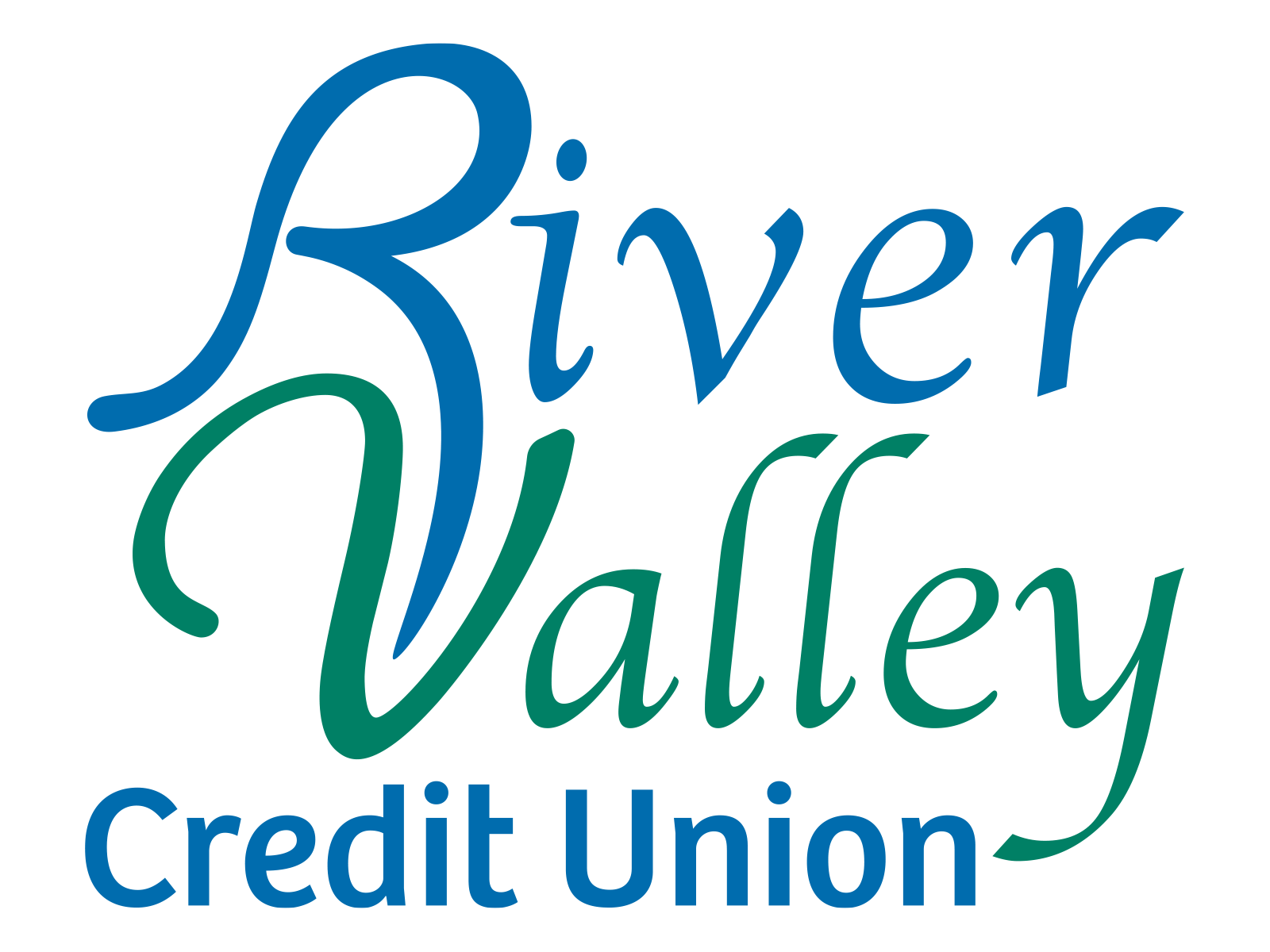
You open your mail. You won the lottery! As you read the letter saying how much you’ve won, your mind starts racing. Now, you can go on that vacation to Europe you’ve been wanting to go on, pay off some bills, buy a new car… but wait! Is this real?
Let’s find out! Here are some tips on how to spot a fake.
You didn’t play the lottery.
- Did you play the lottery? If not, I would be highly suspicious that you would randomly win a large lottery check. Most lotteries go with the philosophy of you can’t win, if you don’t play. The check paper is typically cheap (the kind that can be purchased off the shelf at Staples) and more often the letter or check contain spelling errors- I had one, completely misspell 40 as FOURTY. One had misspelled Fifth Third for the bank it was drawn on- it was typed as FITH Third. The letter will typically be generic- it isn’t person specific to you!
The check is from a company you don’t recognize.
- This is an example: The check is from a company called IBR LLC, 92530 Overseas Highway in Tavernier, Florida. What IS IBR LLC? Google can be your best friend in this scenario. Type in the address in the search field. It actually comes up as Island Bay Resort. Why would a resort be sending you lottery winnings? As a banker for over 17 years now, I’ve seen so many of these checks. They’ve come from companies ranging from hotels to stores to a clothing warehouse to home health care companies! The banking information- the routing AND account number are actual accounts and typically even for that company. I’ve called many of these companies and asked them if they issued the check; only to have them say that no, their account has been compromised.
The letter asks you to send money.
- In the letter that was with the lottery check, it instructs you to either wire or western union the taxes of $5,956 back to John Smith. Why would a legitimate lottery ask you to send money back to an individual person? Well, they won’t! Legitimate lottery winnings are taxed by the IRS directly and the state.
Your gut is telling you there’s something off.
- If your gut is telling you something is off, it more than likely is. Still not quite sure? Bring it in to the credit union and we will be more than happy to look over the letter and the check.
There are all types of scams that you can use this same philosophy for: Ebay sale, craigslist, secret shopper… there are so many!
If you think you are the victim of a scam- here are some resources for you to report the scam:
- The Federal Trade Commission
- The S. Postal Inspection Service
- Your state or local consumer protection agencies. Please visit naag.org for a list of state Attorneys General, or check the Blue Pages of your local telephone directory.
by E. Will
